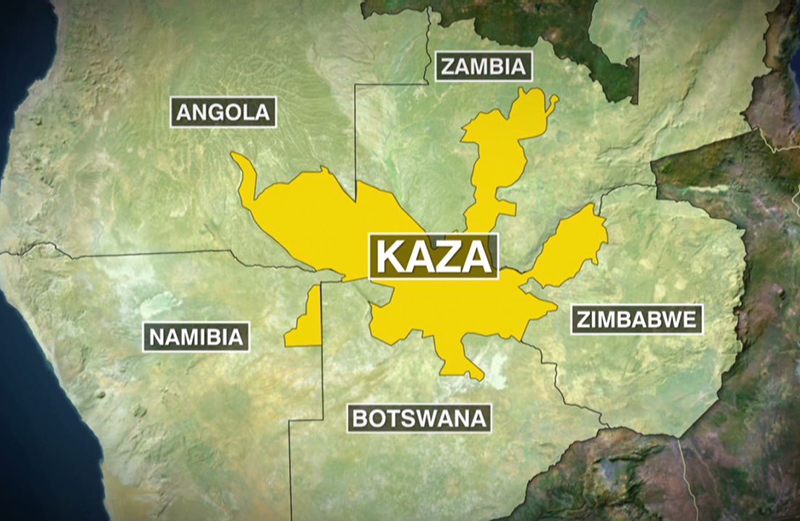- Featured
- No Comment
New Europe-style visa expected to boost tourism in southern Africa

IN a landmark decision, five Southern African nations have expanded a regional visa to enhance tourism and streamline cross-border travel, similar to the Schengen Visa.
The new Schengen-style visa for Southern Africa will boost tourism by simplifying travel across Angola, Botswana, Namibia, Zambia, and Zimbabwe.
This unified visa, mirroring the European Schengen Visa, allows seamless cross-border travel, attracting more visitors and enhancing the region’s appeal as a top travel destination. The initiative is expected to drive economic growth and strengthen regional cooperation in tourism.
In a groundbreaking move to boost tourism, five Southern African nations have agreed to extend a regional visa scheme that simplifies cross-border travel, akin to the Schengen Visa in Europe.
Angola, Botswana, Namibia, Zambia, and Zimbabwe, all members of the Kavango-Zambezi (KAZA) Transfrontier Conservation Area, will now participate in the expanded “univisa.”
The visa, which initially covered Zambia and Zimbabwe and allowed short visits to Botswana via Kazungula, aims to increase tourist numbers and streamline travel within the region.
During a recent summit in Livingstone, Zambia, KAZA leaders agreed to extend the univisa’s coverage to additional countries within both the conservation area and the larger Southern African economic community.

Botswana’s Vice President, Slumber Tsogwane, confirmed his country’s commitment to fully adopt the univisa, enhancing its role as a Schengen-like visa for Southern Africa.
Additionally, the KAZA member states are advocating for the Convention on International Trade in Endangered Species of Wild Fauna and Flora (CITES) to lift its ban on elephant and ivory trading.
CITES, established to regulate and restrict wildlife trade to prevent overexploitation, imposed a ban on the commercial trade of African elephant ivory in 1989 due to significant declines in elephant populations.
The KAZA countries argue that lifting these restrictions would allow them to sell accumulated ivory, valued at approximately $1 billion, with proceeds dedicated to conservation efforts.
Other Similar Visas
The Schengen visa application process was launched globally by the end of November 2015. The Schengen Area, Luxembourgish is an area encompassing 29 European countries that have officially abolished border controls at their mutual borders.
Being an element within the wider area of freedom, security and justice policy of the European Union (EU), it mostly functions as a single jurisdiction under a common visa policy for international travel purposes. The area is named after the 1985 Schengen Agreement and the 1990 Schengen Convention, both signed in Schengen, Luxembourg.
Similarly, the GCC (Gulf Cooperation Council) unified tourist visa is expected to be launched between 2024 and 2025. The visa aims to simplify travel across the six GCC countries: Bahrain, Kuwait, Oman, Qatar, Saudi Arabia, and the United Arab Emirates.
It will allow tourists to visit multiple countries with a single visa, similar to the Schengen visa. The unified GCC tourist visa is designed to increase tourism in the region, attract long-haul travelers from Asia, Europe, and the United States, and extend the maximum stay to 15 days within Council member states.
